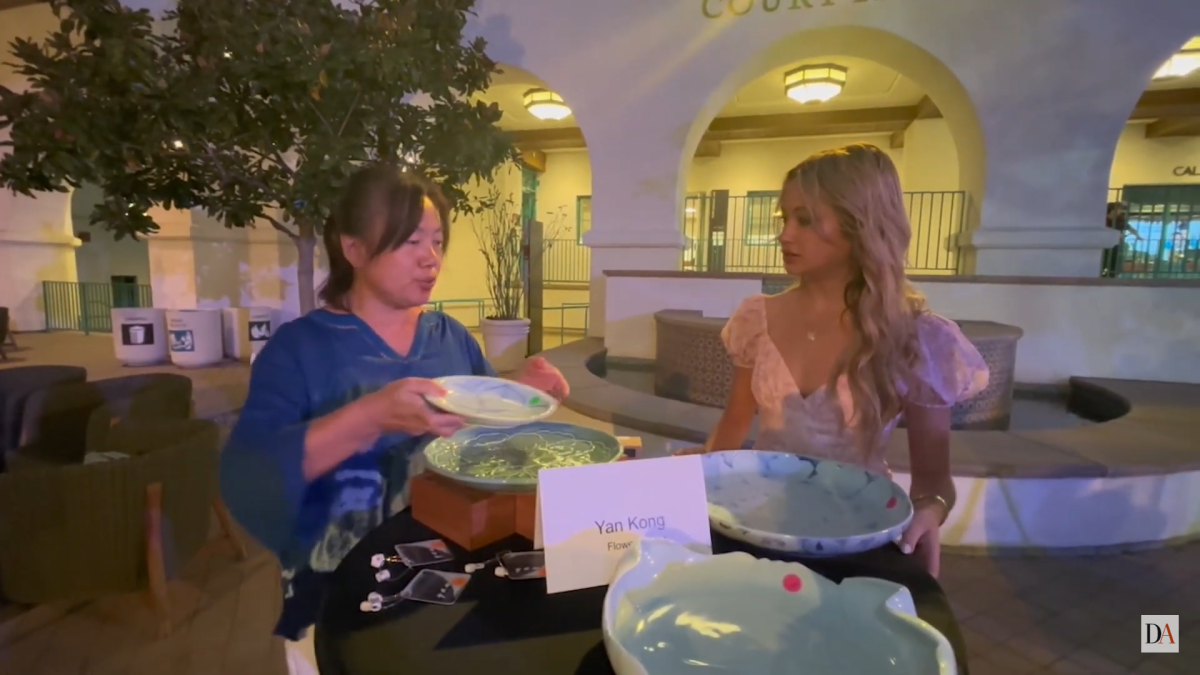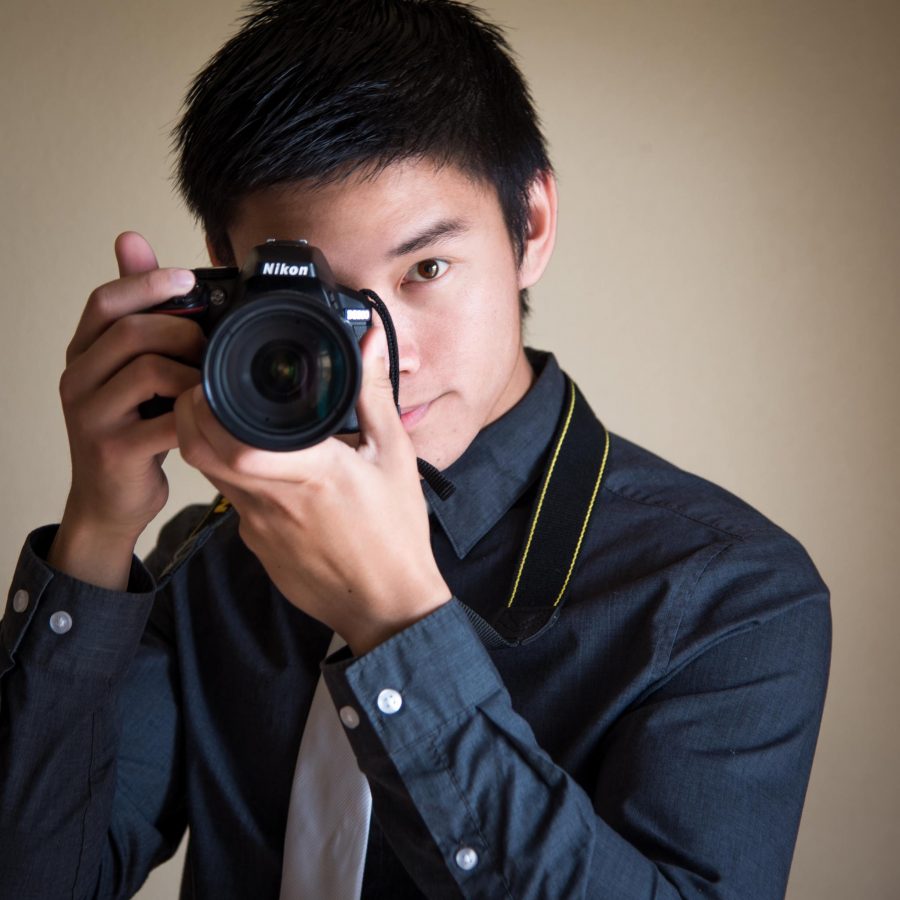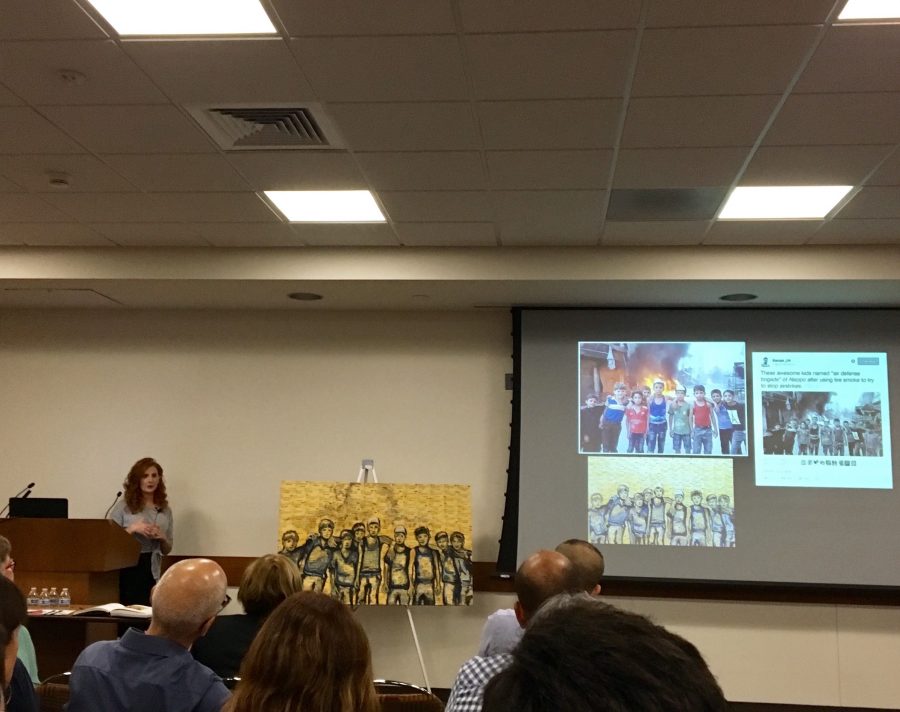
When writer-directors Brian Klugman and Lee Sternthal decided to take the maxim “write what you know” to the darkest depths of self-indulgence, namely by telling the story of a writer who is struggling with the difficulties of writing, the audience could be forgiven for thinking this sepia-toned fetishization of clacking typewriters absorbed enough reverence for the art of writing to tell a competent story. Yet, a film ironically devoting most of its run time to exploring the greatness of writers manages to vomit up some of the worst storytelling to ever reach theaters.
Providing more levels of narration than a Charlie Kaufman film, “The Words” opens with a wholly unnecessary frame story, in which author Clay Hammond (Dennis Quaid) narrates the tale of undiscovered literary genius Rory Jansen (Bradley Cooper).
Rory receives a novella’s worth of rejection letters for his manuscript because its story is “too artistic” to be published by an unknown writer—an event which has never occurred in the history of publishing firms. Thwarted by dastardly market forces, Rory goes on a honeymoon to Paris with Dora (Zoe Saldana) where they happen to discover an antique store that happens to contain a threadbare satchel that happensto hold an unpublished manuscript capable of reducing grown men to tears through sheer textual magnificence. Rory submits the plagiarized “Heartbreaking Work of Staggering Genius” to a publisher who signs him immediately.
After Rory becomes the toast of New York’s literary scene, an angry old man (Jeremy Irons) corners him on a park bench and claims ownership of the manuscript. The old man, who could pass for Charlie Chaplin’s Tramp after funneling through a bottle of Cutty Sark, proceeds to recount his entire backstory, which inexplicably becomes an extended Paris flashback twice as long as the one in “Casablanca” and nowhere near as entertaining. This flashback uses every off-the-shelf lilting string melody and sepia-smeared filter in a naked attempt to make the audience care about the old man and his Parisian wife Celia’s (Nora Arnezeder) love story inspiring his novel.
In a bravura display of ineptitude on the part of the filmmakers, the old man provides voice-over narration within the voice-over narration of Clay within a flashback to supply an entire act’s worth of exposition about two characters to which the audience has no emotional investment.
And what could possibly be the payoff for this Gordian knot of mangled storytelling? Absolutely nothing. The old man tells his meandering story and wanders off like an escapee from a retirement home, while Rory makes an entirely unearned change-of-heart regarding the morality of plagiarism. When the film attempts to connect Clay to Rory’s story through one of the clumsiest plot twists ever committed to celluloid, “The Words” becomes a candidate for the worst film of 2012.
The film tries to draw a parallel between the disintegration of the old man’s relationship with Celia and Rory’s strained marriage with Dora as a means to support the weight of the film. Despite the best efforts of a remarkable cast attempting to shock life into a dead script, “The Words” never develops Dora or Celia into anything other than cheerleaders or sexual distractions for their husbands—leaving a pair of atrophied love stories to collapse on themselves.
When frame narrator Clay tells flirtatious grad student Daniella (Olivia Wilde) “Words ruin everything,” it remains the only honest acknowledgment in the entire film.






